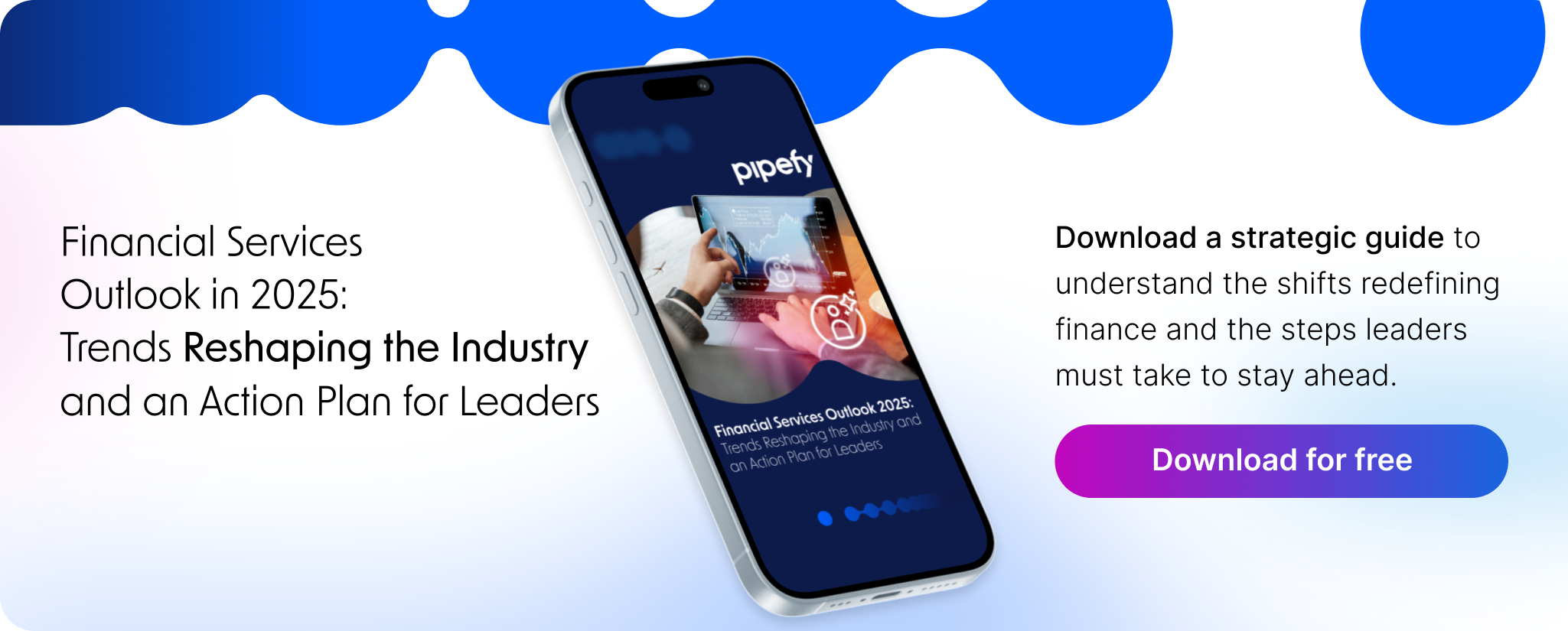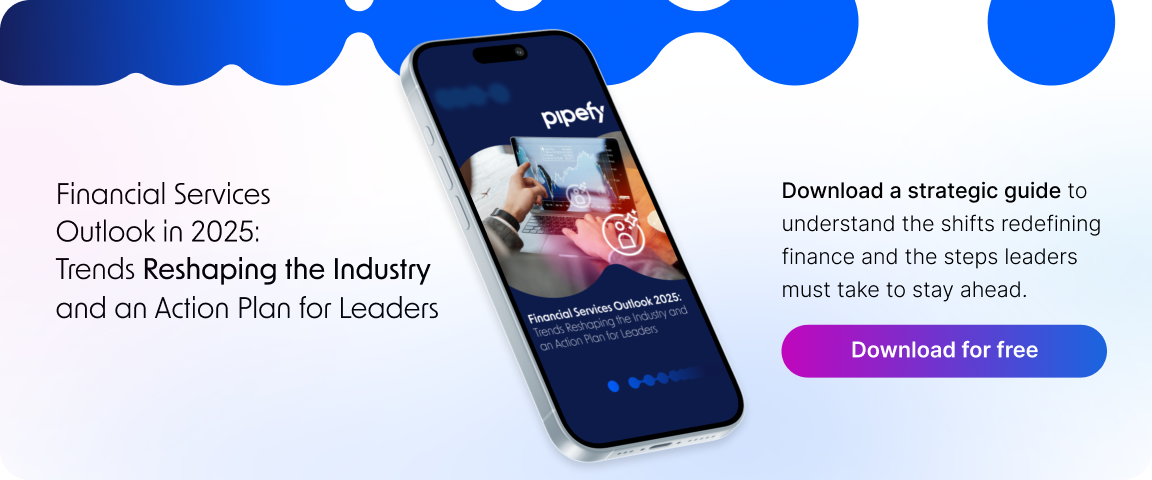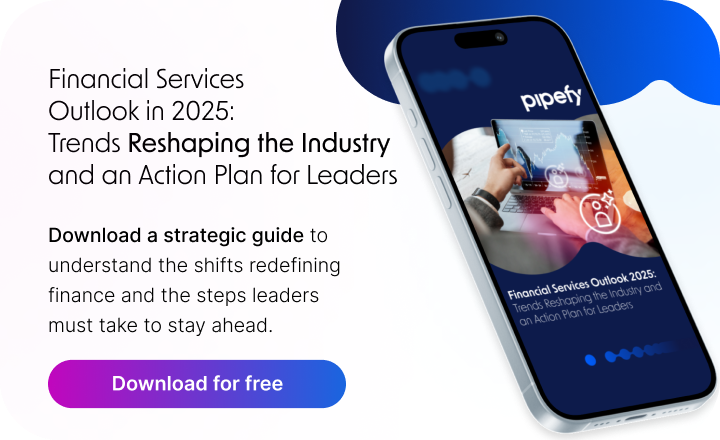
Overview
A great deal of recent research has been dedicated to understanding (and marketing to) Boomers and Millennials. On the other hand, Generation X — who bridge the gap between Boomers and Millennials — receive far less attention. The reason why isn’t clear, although it could be related to the size of Generation X in comparison to the other groups:
| Generation | Population (in millions) |
|---|---|
| Millennials | 72.12 |
| Boomers | 69.56 |
| Gen Z | 67.17 |
| Generation X | 65.17 |
Generation X comprises 33% of the current workforce, and with members as young as 42, Gen X-ers will continue to have a significant presence in the US workforce for the next 3 decades. Gen X are also likely to take on a greater share of management and leadership roles in the near future, as their Boomer predecessors transition out of the workforce.
Given their levels of experience and the likelihood that they will be moving into more influential management positions in the near future, it is curious that more attention has been paid to Boomers and Millennials than Gen X.
Pandemic experience
The changes and world events that Gen X has experienced in their lifetimes may be helping them adapt to the post-pandemic workplace. Gen X were the original “latchkey kids,” a term that refers to the first generation of Americans who grew up in homes with both parents in the workforce. Gen X were also the first to experience widespread rates of divorce among their parents, with many taking on roles as caregivers for their younger siblings.
Gen X also dealt with the fallout of 9/11 early in their careers, and then navigated the 2008 financial crisis a few years later. It’s possible these experiences have helped Gen X develop a sense of resiliency when faced with uncertainty. In one study, Gen X reported lower rates of mental health issues than Millennials or Gen Z workers.
| Generation | % of workers reporting mental health issues during the pandemic |
|---|---|
| Gen Z | 71% |
| Millennials | 59% |
| Gen X | 36% |
| Boomers | 22% |
This resiliency may translate directly into their work.
In their annual State of Work report, Adobe found Gen X seems to be faring generally well with remote work. Adobe observes that Gen X “showed major gains in confidence around communication, including conflict resolution and their ability to build and reinforce trust in a new environment.” This suggests that Gen X are able to translate the soft skills they’ve developed through in-person contact in conventional office settings into the remote and hybrid work models.
This adaptability may also be the result of Gen X’s career length and previous experience with remote work. They are comparable to Boomers in terms of overall remote work experience.
| Generation | % reporting 1-2 years remote work experience |
|---|---|
| Boomers | 62.5 |
| Gen X | 60.4 |
| Millennials | 53.10 |
Gen X may have the advantage of more work experience and a resume that’s cultivated a balance of soft and hard skills, but this generation is facing unique challenges of its own. Gen X is sometimes referred to as the “sandwich generation,” because they are the first generation of workers who have found themselves caring for aging parents and their own children simultaneously, often while working full time.
Financial security is another stressor for Gen X. A 2020 study of wealth across generations revealed that total net worth for persons over the age of 55 has increased in recent years, while net worth for those between the ages of 40 and 54 has plummeted. That age group is primarily Gen X, and they have less time than Millennials and Gen Z to recover before retirement age.
Confirming these results, SHRM found that Gen X feels less financially secure than Boomers and Millennials, with 18% of Gen X reporting that they “plan to never retire,” a number higher than both Boomers (12%) and Millennials (14%).
The same report found that Gen X was also reported “feeling less happy in their jobs.” According to Todd Katz at MetLife:
Unhappy Generation X workers can have significant negative repercussions across the workplace, and employers need to take this seriously…those who can understand their workforce’s pain points will be best positioned to both attract and retain experienced, highly skilled workers.
SHRM
| Generation | Workers who report “feeling happy” at work |
|---|---|
| Millennials | 75% |
| Boomers | 74% |
| Gen X | 68% |
Outlook: The mentors
Gen X will play a key role in helping teams adapt to changing workforce models and new technologies in the immediate future and beyond. While they share many characteristics with older Millennials, Gen X as a whole has more experience in the workforce and has spent more time in close proximity to their Boomer parents, both at work and at home.
As a result, Gen X will play a mentoring role in the workforce of the future. They will crystallize the accumulated experience, wisdom, and skills they have earned as well as what they inherit from Boomers, and then pass that on to Millennials and Gen Z.










